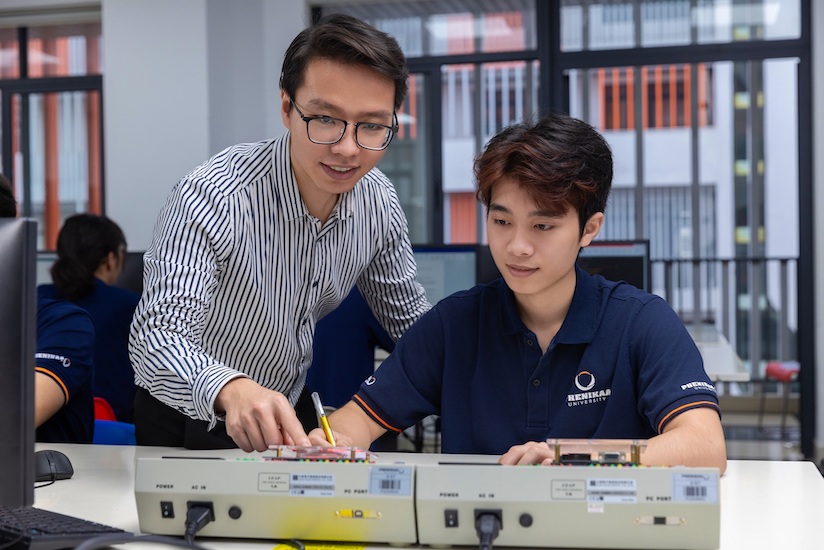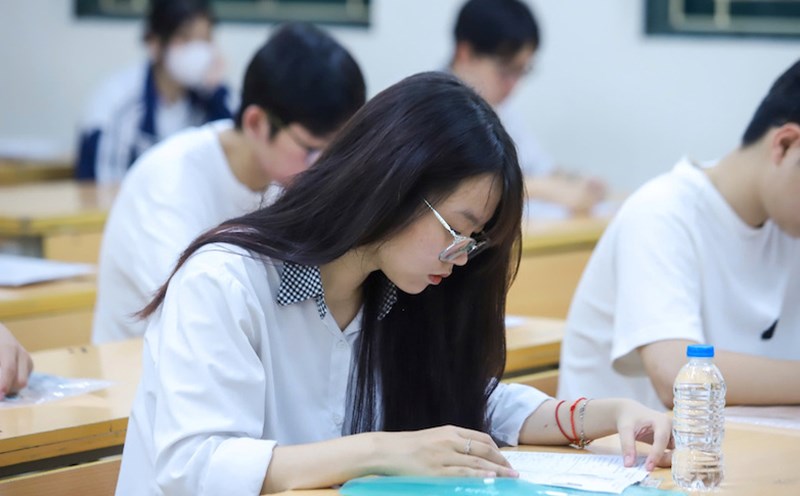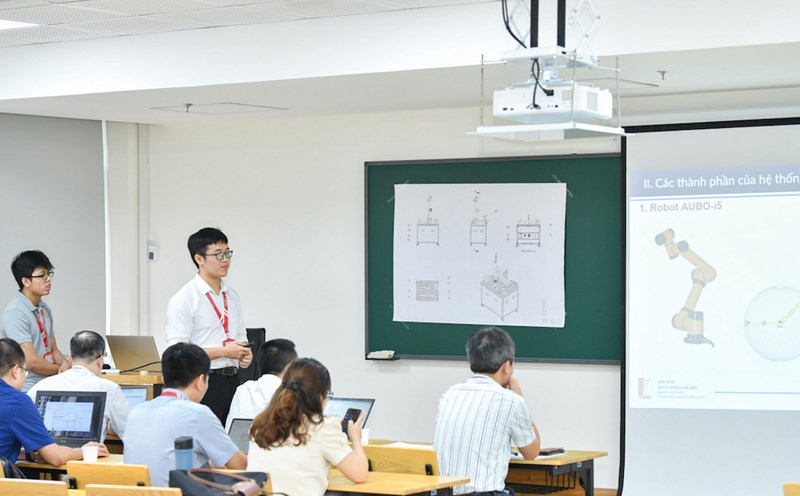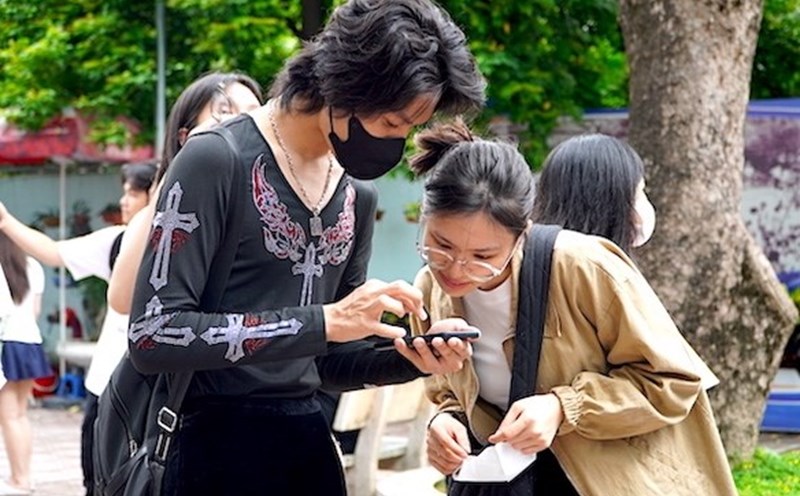Salary and allowance policies for university lecturers
Informing about the "Preferential policy, specific characteristics of developing the lecturer team and attracting prestigious domestic and foreign scientists", Mr. Vu Minh Duc, Director of the Department of Teachers and Educational Managers, Ministry of Education and Training, said that according to statistics from the Industry database, there are more than 80,000 full-time university lecturers nationwide (public has more than 70,000 lecturers), including nearly 750 professors, more than 5,900 associate professors; over 30,000 PhDs, nearly 50,000 masters.

In recent years, the number of lecturers at higher education institutions in Vietnam has increased rapidly in quantity, gradually improved in quality, and gradually integrated into international relations.
However, compared to the requirements for university education innovation and the globalization trend, the teaching staff has not yet met the requirements for development, improving the quality of university education and scientific research, and the treatment for lecturers is not attractive enough. Therefore, it is necessary to continue to innovate more strongly to meet the requirements of developing higher education in the period of integration and digital transformation.
Lecturers' salaries in public higher education institutions are subject to salary policies according to civil servant ranks and salary coefficients according to State regulations in Decree No. 204/2004/ND-CP1 (lecturers have salary coefficients from 2.34 to 4.98, main lecturers have salary coefficients from 4.4 to 6.38, senior lecturers have salary coefficients from 6.2 to 8.). This salary policy is applied generally to civil servants in public service units.
In addition to salary, university lecturers also receive preferential allowances, seniority allowances, support in training and professional development, and sponsorship for master's and doctoral study costs at home and abroad.
In addition, the Government, localities, and universities also have policies to attract foreign lecturers to teach and research science, etc.
Adjusting preferential and specific policies to develop the university lecturer team
According to Mr. Duc, in the coming time, the Ministry of Education and Training will advise competent authorities to adjust preferential and specific policies to develop the university lecturer team.
Specifically, the Ministry of Education and Training is developing a Decree on salary policy for teachers, in which teachers' salaries have a specific coefficient compared to other professions in the administrative and career system; aiming to pay salaries according to job positions, work efficiency, placing teachers in the right role and position to pay salaries and having more appropriate policies.
This is to ensure the regulation "Teachers' salaries are ranked highest in the administrative career salary scale system" stipulated in the Law on Teachers and effective from January 1, 2026.
Regarding preferential allowances, the Ministry of Education and Training also proposed to make further adjustments to an appropriate level for university lecturers.
In addition, the Department of Teachers and Educational Managers also said that some policies on better treatment, support and attraction for teachers such as allowances according to the nature of work, by region; training and fostering support regime; periodic health care support regime, occupational health care are specified in documents guiding the implementation of the Law on Teachers.
In addition, there are policies to attract and promote people with high qualifications, talent, special talents, high professional skills, people working in some important and essential fields to become teachers; increase the autonomy of higher education institutions in teacher recruitment; regulations on Associate lecturers for talented people working in public service units; regulations on the cooperation mechanism "State - School - Enterprise"; 3.
Regulate that professors, associate professors, doctors or teachers working in specialized fields are allowed to retire at an older age (no more than 5 years for teachers with a doctoral degree; no more than 7 years for teachers with the title of associate professor; no more than 10 years for teachers with the title of professor).











